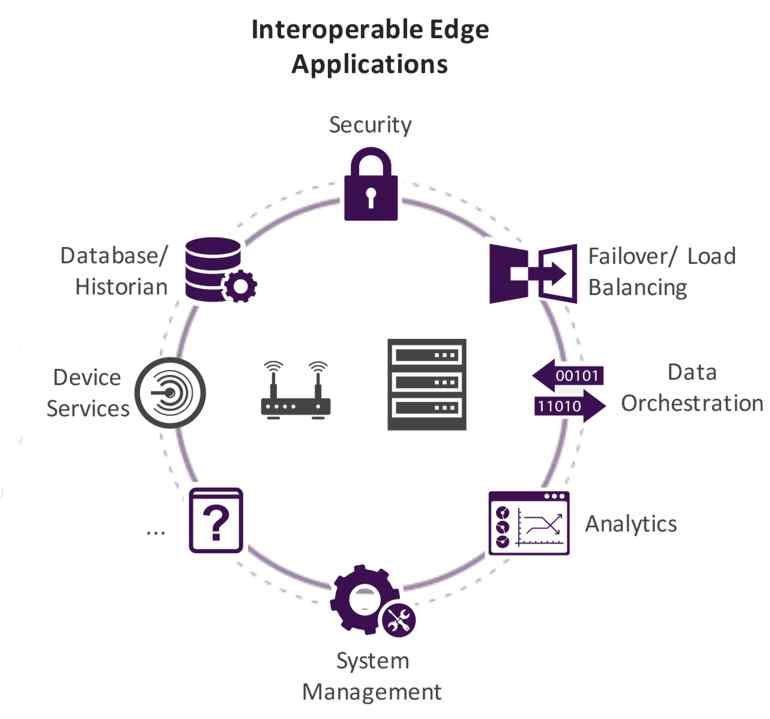| EdgeX Foundry - Open Source Framework For Industrial IoT |
| Written by Harry Fairhead | |||
| Thursday, 27 April 2017 | |||
|
The Linux Foundation, along with 50 companies, is attempting to simplify and standardize Industrial IoT edge computing with the launch of a new open-source consortium, the EdgeX Foundry.
In its announcement of the new initiative, the Linux Foundation states: According to a Gartner report, there will be 20.4 billion connected things in use globally by 2020. The sheer quantity of data that will be transmitted from these devices is driving adoption of edge computing, where connected devices and sensors transmit data to a local gateway device instead of sending it back to the cloud or a central data center. Edge computing is ideal for deploying IoT applications because it allows for quicker data analytics and reduced network traffic. This is essential for applications which require localized, real-time data analysis for decision making such as factory optimization, predictive maintenance, remote asset management, building automation, fleet management and logistics. As we have reiterated many times on I Programmer one of the biggest barriers to the efficient functionality of the IoT, both industrial and domestic, is lack of common standards and the degree of fragmentation as each entrant to the marketplace has a proprietary device and its own cloud platform. So what the the EdgeX Foundry sets out to do is very welcome: "EdgeX Foundry is unifying the marketplace around a common open framework and building an ecosystem of companies offering interoperable plug-and-play components. Designed to run on any hardware or operating system and with any combination of application environments, EdgeX can quickly and easily deliver interoperability between connected devices, applications, and services, across a wide range of use cases. Interoperability between community-developed software will be maintained through a certification program." According to the Linux Foundation adopting an open source edge software platform offers these benefits to different groups of participants:
EdgeX Foundry has as its starter culture the Dell's Project FUSE - more than a dozen microservices and over 125,000 lines of code to facilitate interoperability between existing connectivity standards and commercial value-add such as edge analytics, security, system management and services - open source under an Apache 2.0 license. Canonical is another founding member with Mike Bell, Executive Vice President of IoT saying: "At Canonical, we have been pushing the need for standardization and commonality in the industry for a long time ... We are obviously advocates of the open-source nature of the project and believe this will further enhance all players in the ecosystem to align to drive business growth and further innovation."
More InformationNew EdgeX Foundry Unifies the IoT Marketplace to Accelerate Enterprise IoT Deployments Related ArticlesWhy The Internet Of Things Has A Problem $200 Million Investment In IBM Watson IoT Predix - A Platform for the Industrial Internet Of Things
To be informed about new articles on I Programmer, sign up for our weekly newsletter, subscribe to the RSS feed and follow us on Twitter, Facebook or Linkedin.
Comments
or email your comment to: comments@i-programmer.info |
|||
| Last Updated ( Thursday, 27 April 2017 ) |


